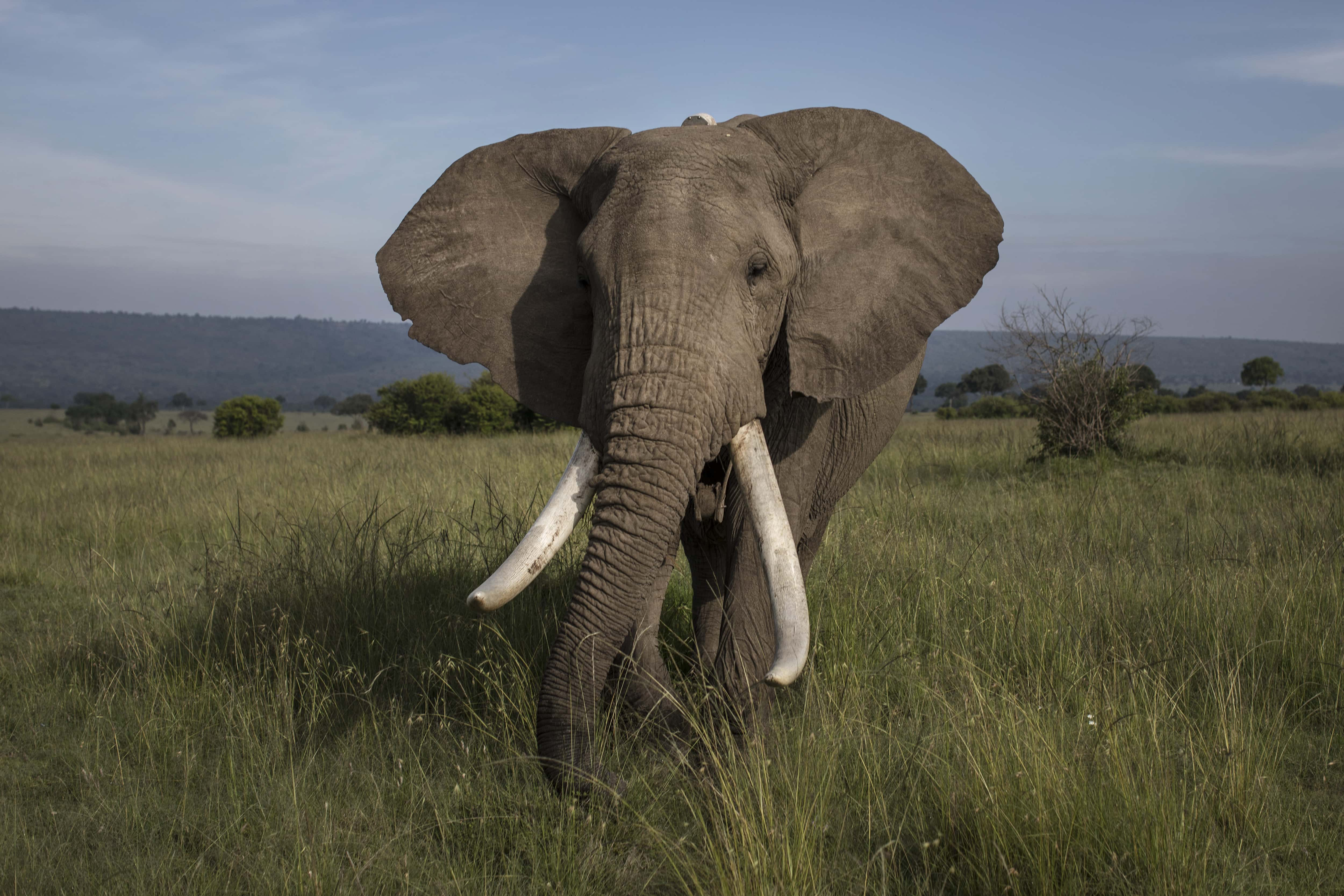China's 'traveling elephants' go viral after walking for more than a year for 300 miles

Elephants are majestic creatures. Weighing close to 9,000 pounds, Asiatic elephants are an endangered species. And right now, 15 of these creatures have taken over the world’s attention, ever since they started their long journey towards an unknown destination in China.
The New York Times's Vivian Wang speculated, “Maybe they’re looking for better food. Maybe they’ve gotten lost. Maybe they’re just adventurous and having a good time. No one is quite sure.”
READ MORE

The Times reported last week that the herd has been lumbering its way across China for more than a year, traveling more than 300 miles through villages and forest patches. They set out in spring last year from Xishuangbanna National Nature Reserve, on China’s far southwestern border with Laos.
Now, their journey is available for everyone to witness. When they eat or sleep, they're watched by millions online. CNN reported that at least a dozen buzzing drones have been monitoring them around the clock. And wherever they go, they're escorted by police. Viewers reportedly have taken a liking particularly for the herd's three calves, including one who was born during their journey.
As per the report, more than eight million people watched a video captured showing a calf who found itself stuck under an adult elephant during a group nap near the city of Kunming, in southwestern Yunnan province. Another clip showed baby elephants clumsily tripping as they followed the herd across a field. Yet another video showed a calf plunging head-first into a pool as it attempted to gulp down water. People just can’t get enough of the little giants.
But even as people are transfixed by their sightings, the elephants have reportedly caused a serious amount of damage during their long and seemingly unending journey. According to the state news agency Xinhua, the elephants have reportedly caused more than 400 separate incidents of damage, with financial losses amounting to around 6.8 million yuan ($1.1 million). They destroyed 56 hectares of farmland in the counties of Yuanjiang and Shiping alone, the agency said.
The Times reported that as the elephants trotted, they’ve gotten into stores of grains left from fermentation, leading to reports of at least one drunken elephant. They even devoured truckloads of corn and pineapples left out by government officials in an effort to divert them to less populated areas.
“It makes me think of the movie ‘Nomadland,’” said Becky Shu Chen, a consultant for the Zoological Society of London who has studied elephant-human interactions. “This is part of the deal,” said Ahimsa Campos-Arceiz, a principal investigator at the Xishuangbanna Tropical Botanical Garden, who specializes in elephants. “We want to conserve elephants and tigers. But we don’t have 10,000 square kilometers to put these elephants and tigers and say, ‘Be happy there, don’t worry.’”
Asian elephants are loyal to their home base unless there are major changes to the environment, such as loss of resources or urban development, said Nilanga Jayasinghe, of the World Wildlife Fund. “In this case, we don’t really know why they left their home range,” she said, adding that the area where they lived had seen some major “habitat loss” linked to agriculture expansion. “What possibly happened here is that in their search for new habitat, they got lost along the way and kept going," Jayasinghe said.
On social media, the elephants have become unlikely stars. On Weibo, China’s social media service, pictures of the group have reportedly received more than 25,000 posts and more than 200 million views. "Will they get cold while sleeping?" wrote a worried user on Weibo as pictures of the herd's naptime went viral. "I want to tuck them up under a quilt." Another user despaired, "It's really sad that we don't know when they will reach their destination.”










